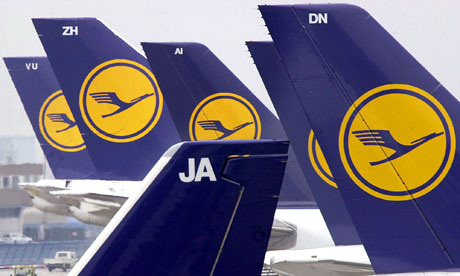The German air force is keen on a joint military exercise with India and will discuss the possibility of this when the Indian Air Force (IAF) chief visits Berlin in September.
Luftwaffe chief General Aarne Kreuzinger-Janik said during an interaction on the sidelines of the Royal International Air Tattoo here that Germany was exploring the possibilities of regular joint exercises with the IAF for achieving interoperability.
"We are in talks with Indian Air Force on joint exercises," Kreuzinger-Janik said when IANS pointed out to him that there were no joint military exercises between the Indian and German air forces.
"The IAF chief is visiting Germany in September and I will discuss with him the possibility of holding regular air exercises," he said.
With the present IAF chief, Air Chief Marshal P.V. Naik, retiring this month-end,
Luftwaffe chief General Aarne Kreuzinger-Janik said during an interaction on the sidelines of the Royal International Air Tattoo here that Germany was exploring the possibilities of regular joint exercises with the IAF for achieving interoperability.
"We are in talks with Indian Air Force on joint exercises," Kreuzinger-Janik said when IANS pointed out to him that there were no joint military exercises between the Indian and German air forces.
"The IAF chief is visiting Germany in September and I will discuss with him the possibility of holding regular air exercises," he said.
With the present IAF chief, Air Chief Marshal P.V. Naik, retiring this month-end,









